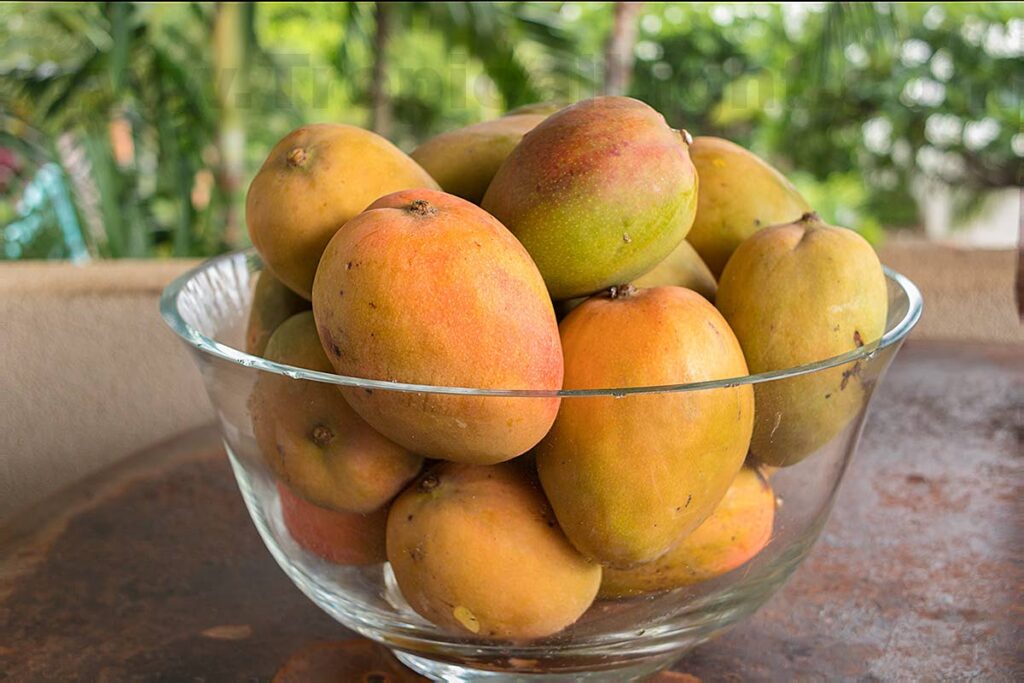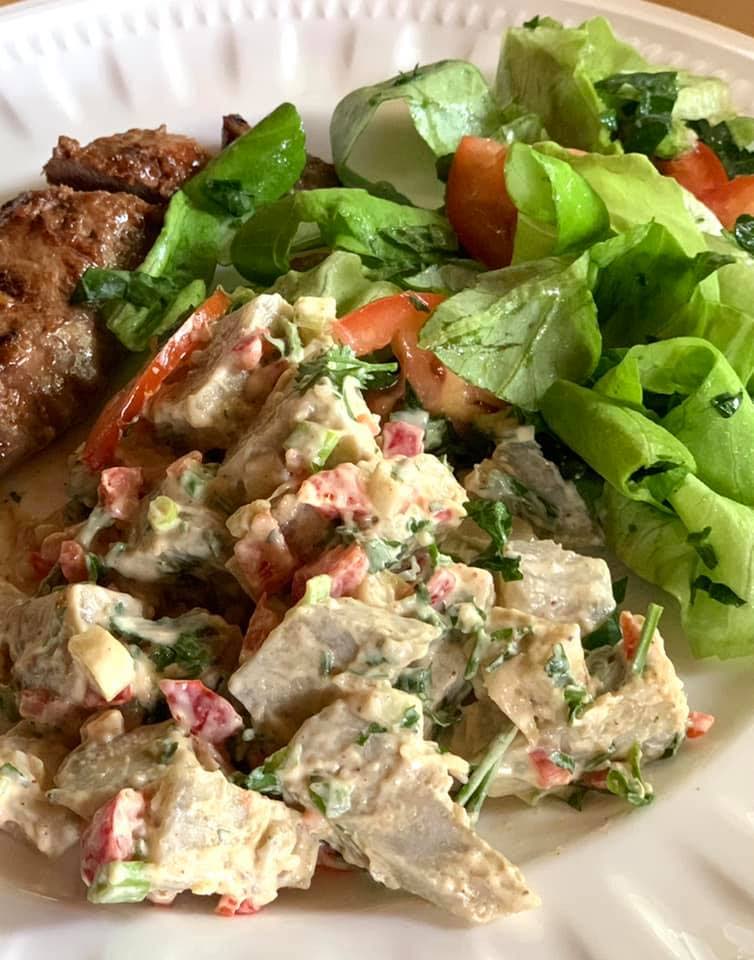Sustainable eating

Sustainable eating, these are words we hear more and more every day. Sustainable eating habits do not translate to pricey organic produce, eating a vegan diet, supporting or searching for green agricultural initiatives. It can in fact begin with small changes on your plate.
Sustainable eating habits can reduce your carbon footprint, spare precious resources and support more ethical food systems and it can save you money too.
Here’s how:
Eat local, an old adage that I will never tire of preaching. Our foods are all grown close to home, which means less time on the road to get to your local market or even supermarket.
Markets are preferable since you won’t be contributing to the overheads sustained in large supermarkets which will also translate to increased costs for you as well. Visiting your nearby local market will encourage you to get to know your farmers, it will expose you to a wider array of locally-grown produce, which will make your meal prep more exciting. And many times, produce purchased from farmers directly usually translates less pesticide usage and fresher produce.
Eat what’s in season, foods harvested in season tend to be fresher and grown at their peak for ripeness and taste. Seasonal produce tend to be less expensive, simple economics of demand and supply dictate this. For example, tomatoes are dramatically cheaper during the first quarter than any other time of the year. You can buy more, steam them, remove the skins and freeze. We can do the same for our fruits that are seasonal.
Another example are mangoes, sometimes there is an abundant crop, remove the pulp from the ripe mangoes and freeze for use later on in the year. Or you can cut-up the green mangoes and freeze for curry later on in the year.
Then there are avocadoes, it may be difficult to freeze the flesh, but when in season enjoy them to the fullest. Try to limit consumption of out-of-season fruits, likelihood is that they are imported, will be more expensive and also will not have great taste or nutrition. Seasonal eating supports our natural growing cycles. If we try to grow all crops year-round we will deplete the nutritional resources of the soil and will have to resort to increased fertiliser usage , which will increase costs.
Plan your meals, this can help you follow a healthier diet by putting you in control of exactly what you are going to eat. This way you will make better choices from a nutrition standpoint and help you to stay within your health goals. Shopping with a list helps keep your spending on track and reduces impulse buys.
Eat your leftovers. We are a "leftover" culture so this is probably something we need not stress on. However, making sure we eat our leftovers also contributes to less food waste. This also lessens the chances of buying unnecessary take-out or extra groceries.
Eat less meat, this may save you money, help the environment and boost your health. Animal products contribute to excess greenhouse gases, water usage and land degradation. A diet rich in proteins such as dried peas and beans significantly reduces your food bill and also helps you stay much healthier. Our diets are rich in peas and beans here in the Caribbean but too often they are secondary on our plates to meat. Try switching it around, eat less meat and more peas.
Substitute provisions for imported rice and English potatoes, you will find them more delicious, satisfying and nutritious. Some of our local provision farmers have taken this one step further in making their provisions available frozen.
Avoid ultra-processed foods, which are loaded with flavour enhancers, sugar, salt and chemical preservatives. Processed foods are harmful to the environment as their overall carbon footprint is quite large, not to mention they will be more expensive. Remember small steps lead to big results, happy eating!
Dasheen salad

4 lbs dasheen, peeled boiled and cut into small dice
1 cup diced, sweet red bell pepper
½ cup diced celery stalks
½ cup chopped fresh chives
¼ cup minced parsley
¼ cup chopped fresh dill
Dressing:
3 tbs red wine vinegar
4 tbs olive oil
1 tsp minced garlic
½ cup mayonnaise
⅓ cup natural yoghurt
1 tbs Dijon mustard
1 tsp paprika
salt and freshly-ground black pepper to taste
Combine dasheen with pepper, celery, chives and parsley.
In a small bowl combine dressing ingredients then combine with dasheen, set aside.
Garnish with dill, refrigerate until ready for use.
Serves 10
Yam cakes
2 lbs yams
2 tbsp unsalted butter
⅓ cup milk
¼ cup chopped fresh chives
1 clove garlic, minced
Salt and pepper to taste
1 tbsp flour
1 egg, slightly beaten
½ cup toasted breadcrumbs
Coconut oil for frying
1 tbsp chopped fresh parsley
Peel and cut into small pieces. Boil yams in enough salted water until cooked and tender, 15 mins.
Mash with a potato masher.
Add butter, milk, chives, garlic, salt and pepper. Season to taste.
Form yam mixture into cakes about 2-inches in diameter.
Dredge cakes in flour then dip into beaten egg.
Coat with breadcrumbs.
Fry in hot oil until golden brown on both sides.
Drain on paper towels and sprinkle with chopped parsley.
Makes 8
** For a lighter side: Preheat oven to 450 F.
Place yam cakes on a non-stick baking tray and bake until crusty for about 10 minutes on each side.
Kale cassava and codfish cakes
2 ozs salted cod, soaked, rinsed, and shredded
1 small bunch kale, about 5 leaves
1 small onion finely chopped
2 pimento peppers
1 tbs fresh French thyme
½ cup chopped parsley
½ cup cassava flour
½ tsp allspice powder
1 egg
Salt and freshly-ground black pepper to taste
Coconut oil
Squeeze excess water from cod and set aside.
Trim hard stalks from the kale and chop roughly.
In a food processor, finely chop cod, kale, onion, peppers, thyme, and parsley.
Remove to a mixing bowl.
Add cassava flour, allspice powder, stir well.
Now add the egg and stir well to combine.
Add salt and pepper to taste.
Form into flat patties and pan fry in coconut oil.
Makes 6



Comments
"Sustainable eating"